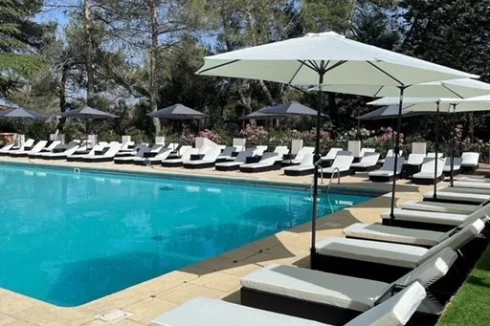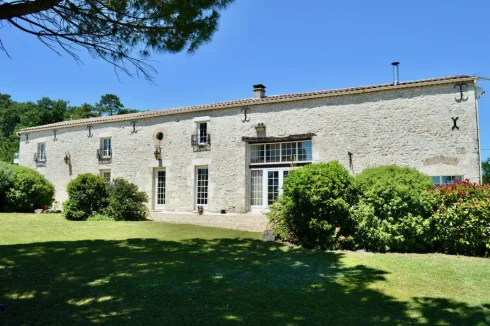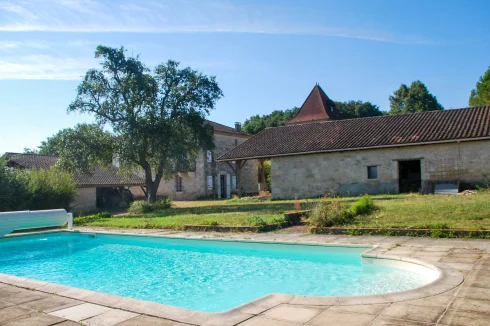Reform of the French Baccalaureate
Tuesday 10 September 2019
The government have introduced a reform of the baccalaureate qualification, but there are doubts about how much will change.
There are few things more venerated in France than the baccalaureate (le bac), the final year diploma for those attending a French lycée (upper secondary school), a qualification that has obtained widespread international recognition and praise.
The qualification is regarded as something of a national institution, in existence since the Napoleonic era, and serving as a rite of passage for the 60%+ secondary school pupils who take it
The examination process is substantial and hugely stressful on pupils, a psychological trauma for them, but one that allows the rest of the nation to bask in the reflected glory of the quality of the French intellect.
Problems
Nevertheless, although there is a 90% pass rate in the diploma, that contrasts sharply with the results they obtain at university, where the failure rate in the first year is over 60%. That is a rupture the French political elite find frustratingly annoying, as it undermines the credibility of the baccalaureate itself.
Not surprisingly, there is complexity of the whole process to consider, for the chronology of obtaining the diploma is based around a large number of final examinations at the end of the third year, undertaken over a very short period.
That process imposes significant costs, with the government estimating that organisation of the exams in June each year costs up to €100m. Other commentators consider the cost far higher.
The level of disruption it causes to the whole school is also significant, with teachers obliged to give priority to the organisation of the exam process for final year pupils at the expense of those in the first two years, with the schools then left in a state of paralysis. Education officials the length and breadth of the country are also substantially engaged in it.
It was against this backdrop that in 2018 President Macron asked university professor Pierre Mathiot to prepare a report on the future of the diploma.
His report was published in January 2018 and forms the basis of the changes that have been made, although not all the recommendations have been followed.
End of Streams
One of the central changes has been to abolish the three streams that previously existed for those taking the baccalauréat général – literature, economic and social sciences, and sciences.
The problem with that division, say the critics, was that it was too rigid, most students choose the more prestigious science stream, yet few followed through their chosen stream into university. Two of the most popular choices at university are psychology and law, neither of which are studied at lycée.
In their place has been the introduction of a more generic core curriculum for all students for all three years of the diploma, but with pupils then able to select three compulsory specialist subjects in the second year and two from the three in the final year.
There is now great emphasis given to the choice of the specialist subjects, giving pupils a more personalised education, and which it is hoped will form the framework to the choice pupils will make for their higher education, in the process lowering the failure rate.
To assist in this process, the level of structured guidance to be given to pupils about their future education and career is to be substantially increased, with 54 hours of 'orientation' each year.
Similar reforms were proposed by former President Sarkozy in 2012 but were largely abandoned after street protests from lyceens and teachers. Although last year there were similar protests, they were not as widespread or as strong, and the reforms have been introduced.
However, critics point out that the full range of specialist subjects cannot be offered by all schools, and that the greatest choices will be available to those in richer areas, thereby doing nothing to reduce inequalities. Thus, of the 12 specialties that can be studied, only 7 are likely to be available in most schools.
They also point out that teaching resources have not been increased. On the contrary, the government have announced a reduction of 2,600 teaching and administrative posts as a result of the reform, a sign perhaps that the government hopes that by ending the streams it will reduce the number of classes.
Many are also critical of the reduction in teaching time for mathematics and sciences, the first of which is not part of the core curriculum in the second and third years, and the second of which appears to have been emasculated into a generic trans-disciplinary subject for the final two years. Maths and the sciences are now specialist subjects, whilst philosophy is a compulsory final year exam.
Neither is it by any means self-evident that by abolishing the streams pupils will simply not recreate them. From opinion surveys that have been undertaken of pupils, the indications are that is likely happen. As expected, in the choice of specialist subjects most opt for sciences, with literature poorly placed, merely recreating the past.
Continuous Assessment
The abolition of the streams has been accompanied by the introduction of a substantial level of continuous assessment, which will account for 40% of the final mark.
The congestion at the end of the year has also been dramatically reduced, to exams in the two specialist subjects taken in the final year, an exam in philosophy, and oral presentation of a project prepared by the pupil, which they will have started in their second year.
Teachers in subjects that will not be covered by the final exam have objected to the devaluation of their disciplines, and it is most certainly a French way of doing things for an exam in philosophy to make it through to the final stage.
Although the change will unquestionably reduce the cost and upheaval, it is not going to reduce the total number of exams.
On the contrary, they will increase, for most of the 'continuous assessment' will be measured by a series of exams that will be taken in the second year, and one in December of the final year, before the four final tests in June.
As a result, it is believed that there will now be around 16 exams/tests that will count towards the final mark, not the circa 12 that is currently the case. Most of the exam last 4 hours, as in the past.
As is frequently occurs in France, it may be a case of plus ça change..........
Thank you for showing an interest in our News section.
Our News section is no longer being published although our catalogue of articles remains in place.
If you found our News useful, please have a look at France Insider, our subscription based News service with in-depth analysis, or our authoritative Guides to France.
If you require advice and assistance with the purchase of French property and moving to France, then take a look at the France Insider Property Clinic.





